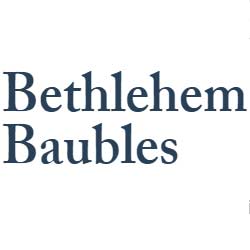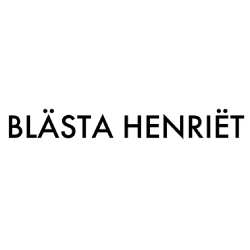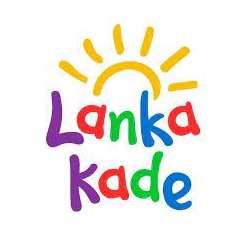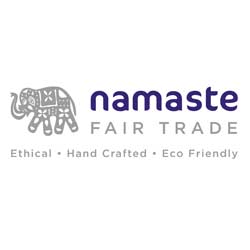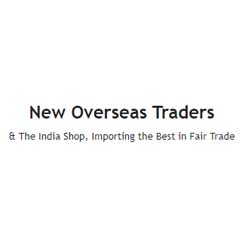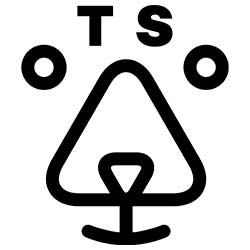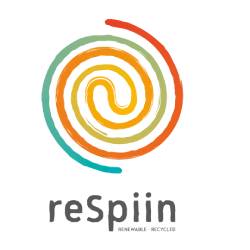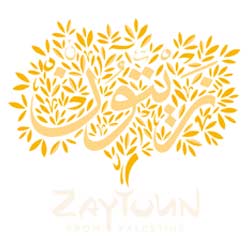Muslims worldwide observe Ramadan – the holy month of abstinence. It occurs during the 9th month of the Islamic calendar. In 2024 that means starting on the evening of March 10th and ending on April 9th. The dates vary year on year because the Islamic calendar is based around the lunar cycle.
Many people are aware that Ramadan involves fasting. However, there is more to it than simply abstaining from food and drink. For example, the fast prohibits drinking water or taking oral medication. Observants can clean their teeth but must not swallow any toothpaste or water. In addition, smoking is not allowed. Individuals observe the fast between dawn and dusk every day.
Ramadan is not just about physical abstinence. Individuals aim to spend more time with family and friends. Spiritual reflection is an important part of Ramadan, including special prayers and reading the Qur’an. People try to avoid gossiping, lying and back biting. Thus, Ramadan is enriching for the mind and soul as well as the body.
There are exemptions to fasting – these include the elderly and infirm, pregnant or breast-feeding mothers, and children. However, some individuals will choose to follow the fast, and there are guidelines available for healthcare workers etc who work with and support them.
Eating special foods, traditionally dates, breaks the fast each evening. After evening prayers there are often communal meals for family and friends. Mosques also host meals, particularly for those that live alone.
Ramadan ends with Eid ul-Fitr. Families and friends join together in celebration. Special meals are prepared and eaten, and gifts are exchanged.
Food is an important part of the traditions of Ramadan and Eid, and Fair Trader Holmfirth is proud to support Zaytoun, a producer of traditional Palestinian goods. These include Medjoul dates, olive oil, a traditional spice mix known as za’atar and basics such as freekeh and couscous. Zaytoun operate from the West Bank in Israel and employ not only Muslims, but also Jews and Christians, thus providing some religious, cultural and economic stability in this turbulent part of the world.







